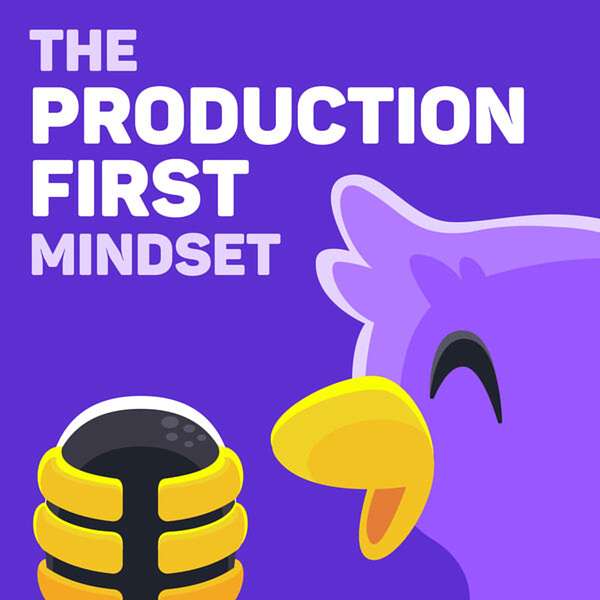
The Production-First Mindset
Learn how the top brands wow customers through production-first engineering. On this podcast you will find the tactics, methodologies, and metrics used to drive customer value by the engineering leaders actually doing it. Join Rookout CTO, Liran Haimovitch as he explores how customer-centric brands approach engineering to create a competitive advantage; with interviews covering topics such as automation, issue resolution, team structure, DevOps, and more.
The Production-First Mindset
Netsertive's Herb Brittner - Going Beyond The Cookie Cutter
•
Liran Haimovitch
•
Episode 35
Rookout CTO Liran Haimovitch sits down with Herb Brittner, Sr. Director of Technology at Netsertive. They discuss running Java and PHP side by side in modern cloud environments, solving problems for customers, making sure everything isn’t cookie cutter all the time, the two sides to their data, aligning your product roadmap with your company’s goals, and the changes they’ve made over the past few years to make their PHP servers easier to maintain.
Rookout is a developer-first observability platform that provides an unparalleled ability to collect
Disclaimer: This post contains affiliate links. If you make a purchase, I may receive a commission at no extra cost to you.
.jpg)